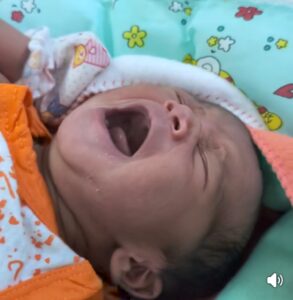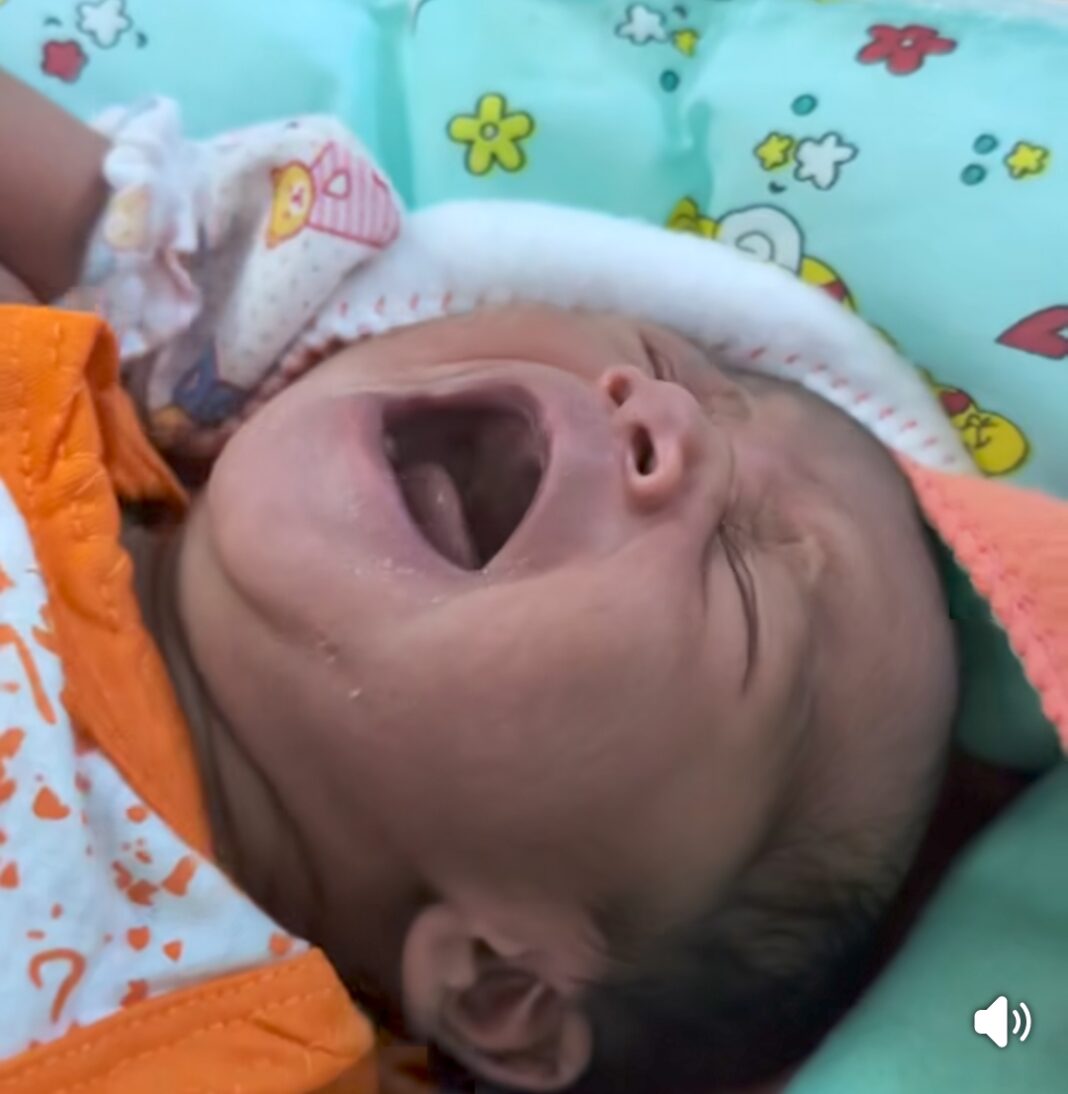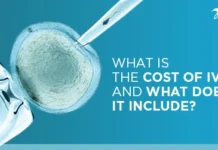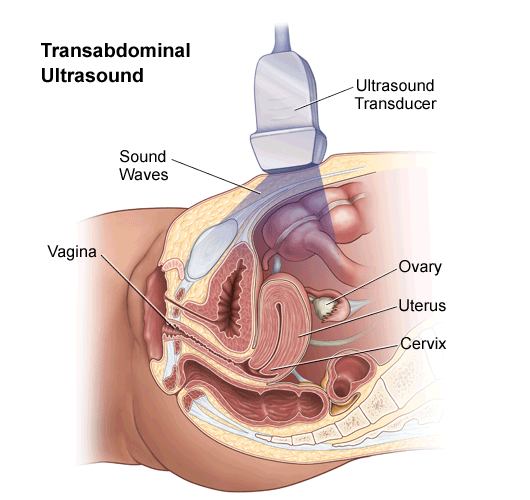Baby cry at birth: Why it is important for your baby to cry at birth.
The First Cry: How a Baby’s Wail Welcomes Life
I love curious minds… asking the right questions.
Dear curious minds, have you ever seen a newborn baby? All tiny and wrinkled, like they just came from a long swim? Well, let me tell you a secret. One of the most magical sounds in the world… is a baby’s first cry.
Yes. That loud Waaah!… it might sound annoying, but oh, it is music to a doctor’s ears.
Why?
Because that cry means, “I’m here! I’m alive! My lungs are working!”
You see, before a baby is born, they live in a warm water world inside their mummy’s tummy. They don’t breathe air; they get oxygen through a cord from mummy… like a tiny pipe called the umbilical cord.
But once they are born… boom! …they enter our world. A world of light, of sound… of air.

Now, the first cry is not just for drama. No. It’s a signal. It helps push air into their little lungs for the very first time, filling them like balloons. And once the lungs open, the heart changes how it works. Blood flows differently. The baby becomes a separate human, not just part of mummy anymore.
But let me tell you how doctors… the baby-watching superheroes… check if that baby is doing well.
They use something called the APGAR score… a bname that sounds like a video game, but is actually very serious. It checks five things, each scored 0, 1, or 2 …like points in a test.
A for Appearance: Is the baby pink or blue?
P for Pulse: Is the heart beating fast enough?
G for Grimace: Does the baby make a face when poked?
A again for Activity: Are they moving their little arms and legs?
R for Respiration: Are they crying or breathing well?
A strong cry helps the baby score points in respiration, activity, even heart rate!
Now, what if a baby doesn’t cry?
It could mean:
● Their lungs haven’t opened properly.
● They might not be getting enough oxygen.
● Their heart might be slow.
● Their brain might not be getting what it needs.
In the short term, they may need help… maybe doctors give them oxygen, or help them breathe. But if the brain goes without oxygen too long, it can lead to long-term problems, like difficulty walking, talking, or learning… things that make childhood magical.
So when we hear that cry loud, bold, and fierce …we cheer. Because it says, “I’m ready for this world!”
And just like that, with a wail and a wriggle, a new story begins!
Dr Ose Etiobhio
























